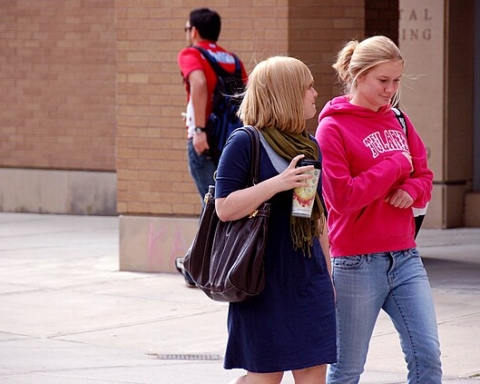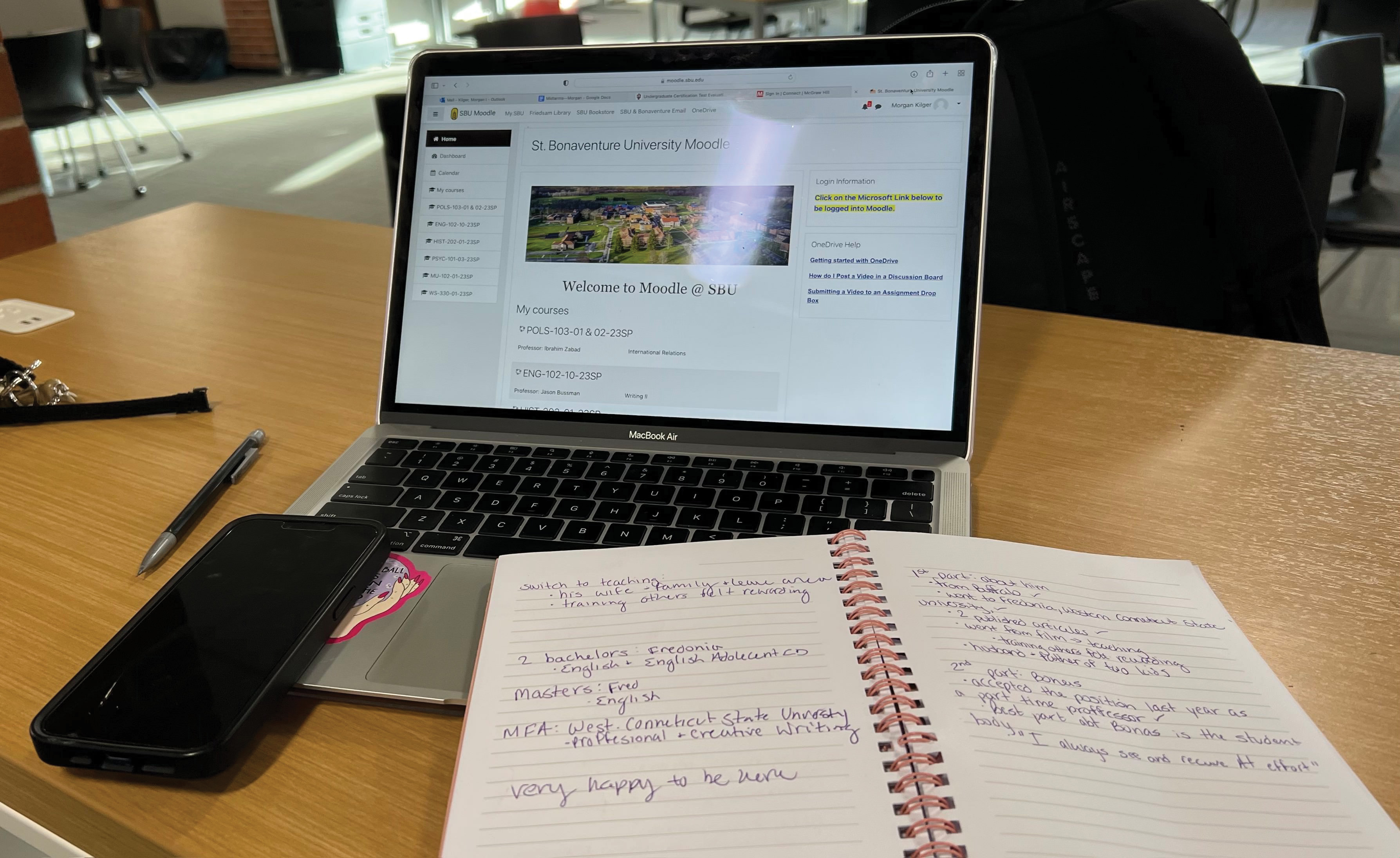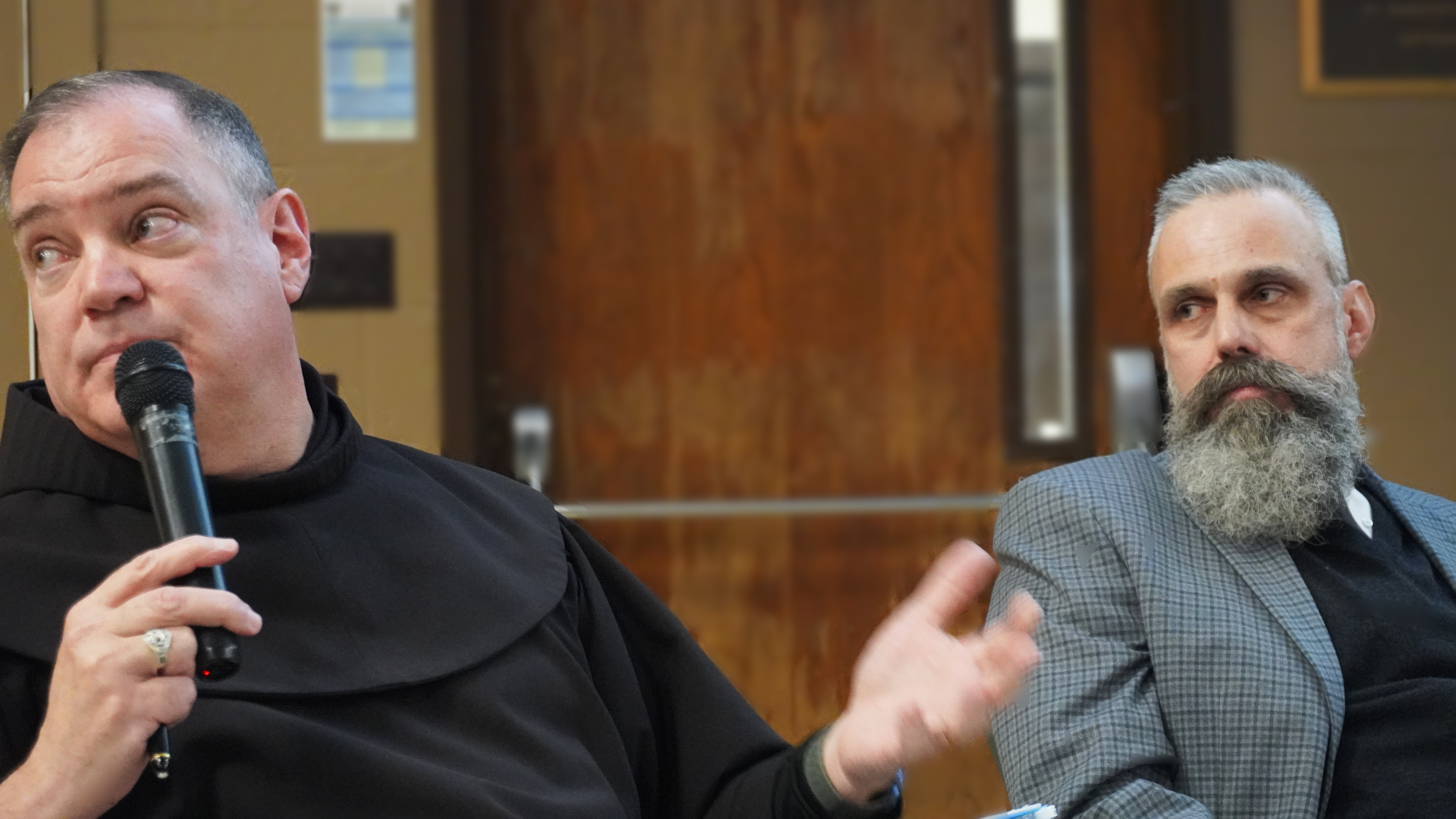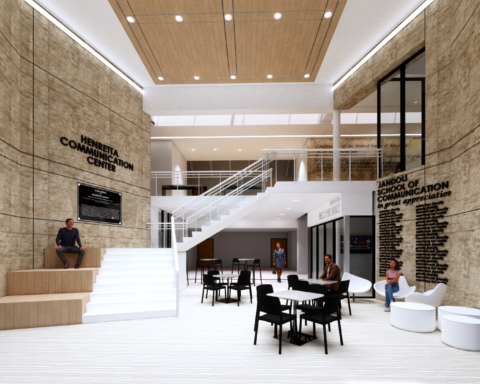Last week, The Washington Post released an article saying college students don’t know how to study, heavily impacting college completion rates.
The Post recruited a psychology professor to explain the importance of studying to improve upon college student completion rates.
According to the article, only 40 percent of students who begin to work on a four-year college degree in September will finish in four years. The psychologist correlates this percentage to the lack of preparation students receive in adjusting to the college course load.
Among the issues raised is that students have never learned how to study properly and the methods they use aren’t affective.
As a university that values academic prosperity, St. Bonaventure memory experts and faculty have shared their views on The Washington Post’s article.
Althea Bauernschmidt, Ph.D., a psychology professor researching memory theory, gave her insights on the subject and her opinion of the article.
“I love learning so much that I went to school to learn how people learn,” said Bauernschmidt.
Bauernschmidt, agreed with the article, that there is a gap in education regarding studying ability. She shared her experiences as a professor; she has seen students struggle because they were never taught proper study methods or learned the difference between effective and ineffective ones prior to college.
Bauernschmidt echoed tips in the article, emphasizing what she finds most helpful to a student’s studying habits.
From her research she determined one tip is to self-quiz. With this, a student is more likely to remember material and pick up on things they didn’t know prior. Another tip is making personal dead lines; students will be better capable of absorbing information, making assignments seem less daunting.
In addition, Bauernscmidt stresses to avoid passive reading and to ask yourself questions while going over texts. Lastly, she said explaining difficult concepts out loud proves successful as well. By explaining the concepts students will realize their strengths and weaknesses on the subject.
Some students have admitted they weren’t prepared for college by their high school.
Caitlyn Morral, a junior strategic communications and digital media and visual arts major, said her high school didn’t prepare her for balancing classes and the college workload.
According to Morral, she had to teach herself in order to succeed in college and form her own effective study habits.
“I still know how to study well when I need to,” said Morral. “Taking the time out of my day and isolating myself even for just 20 minutes really helps me to stay focused on what I need to learn.”
On the other hand, some faculty members feel it is pointless to place blame on past educators, but better to help students prosper now in their academics.
Jean Trevarton Ehman, director of the Teaching and Learning Center, said her office aims to help students reach their full potential in their studies.
“It doesn’t seem fruitful to say, ‘he should have done this’, or ‘she should have done this,’” said Ehman. “If a student is having an issue, I encourage them to stop by the center so we can help them and develop a plan for them to succeed.”
The general assumption is that most students weren’t prepared for college doesn’t apply to all students. Some students feel they were adequately prepared for the academic transition from high school to college.
Ethan Pochop, a freshman finance major, felt that he was prepared for college after receiving advice from family members and high school teachers.
“So far, time management is a big part of studying to me,” said Pochop. “Doing rugby, a radio show and working at the library, on top of classes, my day is kind of full most of the time and learning how to time manage and make gaps for myself has helped me out a lot.”
Instructors on campus expressed how they felt after coaching a student and watching them go from having difficulties on a subject to succeeding in the topic.
“I have the best job on campus,” said Ehman. “It is so rewarding helping a student get to where they want to get academically. Everyone makes mistakes, but helping a student validate their academic confidence is wonderful.”
fieldsbj14@bonaventure.edu








